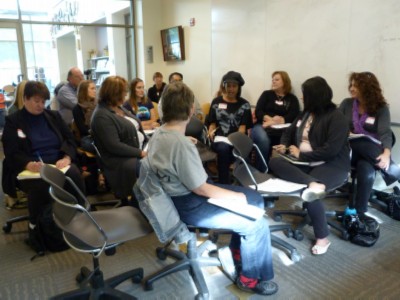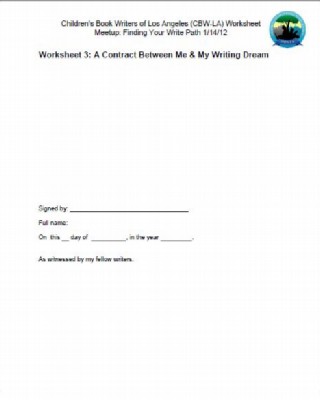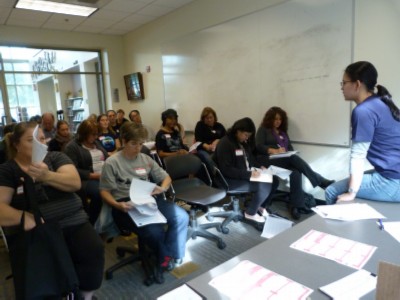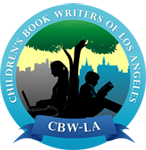Last Saturday’s meetup was all about setting writing goals and planning our writing career. I was quite proud of how we managed to fit 20 people into the small library meeting room. We had to steal borrow some chairs from the other library tables, but we made it work.
I. WRITING REFLECTIONS
The first part of our session was called “Writing Reflections.
In the Philippines, we have a saying “One who doesn’t look back at where he’s come from, will not get to where he’s going.” Before we achieve the kind of future we want, we must take a good look at our past and present.
I had the audience reflect on how far they’ve come along the “Write Path” by answering the questions on their worksheet.

How we view ourselves as writers is an important part of our writing journey. It’s important to take note of our writing quirks and habits, what we dislike and like about writing in order for us to know whether the path we’re taking is the right one for us.
We have to know who we are and what we want before we sit down to write our stories. More importantly, we have to know why we want to be writers, why we want to travel this writing path. Do we write for fame? For money? For others? For ourselves? Do we write for the simple joy of writing or do write because we feel that our skill will get us somewhere?
Before we do everything to get what we want, we have to know why we want it.
After looking back at their writing past, I asked the audience to look ahead at the writing path they were on.
I talked a little about the power of visualization, even telling them the story of computer specialist Natan Sharanksy. He spent 9 years in USSR prison because he was accused of being a US spy. While in solitary confinement, he played himself mental chess, saying he might as well try and become a world chess champion. probably to have something to do. In 1996, Sharansky beat world chess champion Gary Kasparov.
I explained the importance of visualization and mental practice. Writing is 90% mental work. We must have strong, active minds if we wish to pursue a career in writing. Research, reading, plotting, creating stories, writing – all depend on our brain. Scientist Stephen Hawking, who suffers from ALS, and yet has published several best-selling books, is great proof that even without the use of our limbs or our voices, we can still be writersundefinedbecause all our stories come from only two places---our hearts and our minds.

To put into practice this power of visualization, I asked everyone to close their eyes and imagine themselves as a successful author. Maybe they’re climbing on stage to accept the Newbery Award, maybe they’re signing books at B&N. I asked them to imagine the scene in great detail, engaging all of their senses in their visualization.
After a minute, I asked them to open their eyes. And I told them they just got a glimpse of their possible future.
Now we had to figure out how to get ourselves there.
II. REALITY: PUBLISHING 101
We now had our writing dream clearly etched in our minds. But in order for us to make our dreams come true, we must first come to terms with the reality around us.
Before we even begin to figure out our writing goals, we need to first know what we’re getting ourselves into.
This is where I gave the group several handouts on the publishing process. I talked to them about the different types of publishers, the difference between traditional publishing and self-publishing, and the pros & cons for each type. I also talked to them about the various processes involved in traditional publishing (finishing a manuscript, getting an agent, finding a publisher, marketing their work, etc).

After half an hour of this discussion, the group now knew what they were in for.
I told them that they may find themselves wondering whether it was still possible for them to achieve that writing dream they visualized earlier. The answer is yesundefinedwith hard work, patience, determination and the right knowledge.
III. MAKING A COMMITMENT TO WRITING
The task of getting published seems daunting, especially now that they’ve been exposed to a dose of publishing reality. But I told them not to give up on their writing dream.
The best way to do accomplish something, or to make a dream come true is to take it one step at a time.
The first step to getting published is to make a commitment to writing.
And here, I took them through some ways for them to prove their commitment to writing.
1. Admit that you are a writer.
In their first worksheet, they encountered the question “Do you consider yourself a writer?” If they answered yes, then they’re already past the first hurdle. If they answered no, then it’s time to overcome the first obstacle in getting published.
I gave them this little tidbit of motivation:
You become a writer the moment you take up your pen (or type on your PC) and begin to write creatively. It doesn’t matter whether it’s a story, an essay, or a news article. If you write because you love to write, or simply because you enjoy writing, then you are a writer.
You become what you think you are. If you want to get published, you must set aside your insecurities and doubts.
Publishing a book is a long process and some people who start out wanting to get their book published, often give up after a year or two, when they realize it’s too much work and it’s taking too long.
Depending on how much time and effort we put into building our writing career, getting published might take anywhere from 3-10 years. That seems daunting, but keep this in mind: time flies when you’re having fun.
If writing is a passion for you, if it’s something you would do anywayundefinedwhether you knew you’d be successful or not, then it shouldn’t feel like work. If you really love something, you keep at it no matter how long it takes and no matter how hard it seems to be. It’ll all be worth it in the end.
And to help them keep to their writing commitment, I had the group sign a contract between them and their writing dreams.
On their worksheet #3, I asked them to write down the following words, and mean every word of what they write:
I am a writer. I will do everything in my power to get published in one form or another.
I will commit time and patience into achieving my writing goals.
I will become a published author.
Then I asked them to sign and date the contract and pass it around to their fellow writers to sign as witnesses.

The worksheet will serve as a constant reminder of their commitment to their writing goals, and as a source of inspiration for when they feel their writing passions waning. Maybe someday one or all of the witnesses who signed on their writing contract would become famous authors too!

For the next few steps in fulfilling their writing commitment, I had the group take out Worksheet #4, where they had to plan out their writing space, their writing tools, their ideal writing atmosphere, and their actual writing schedule.
VI. PLANNING YOUR WRITING GOALS
In this part of our session, we discussed the difference between dreams and goals. I also talked to them about the importance of writing down their goals.
I gave them a handout on how to make SMART (Specific, Measurable, Attainable, Realistic & Time-Bound) Goals, as well as a list of some writing goal examples.
The final worksheet provided some questions to guide them on planning their writing goals, and also on how to develop their book ideas.





